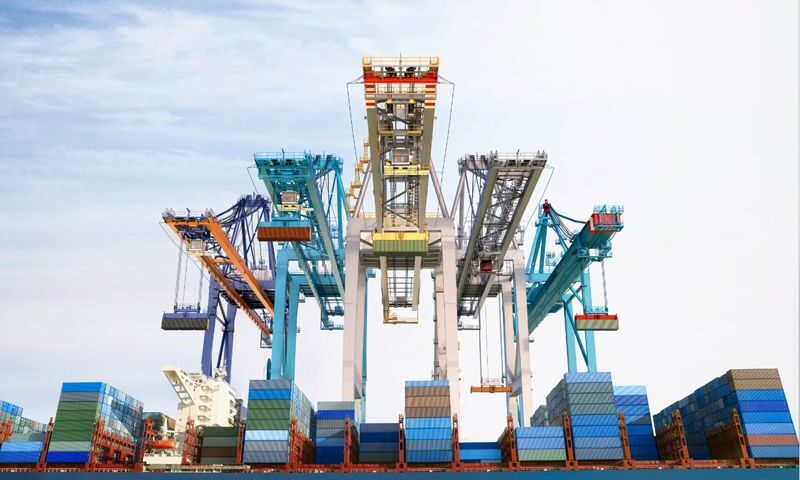PortEconomics member Peter de Langen in his latest portstudy addresses the effects of state ownership on the decisions of port development companies through a case study of the Port of Rotterdam (PoR).
This issue is relevant, given the economic impact of port development and the important role of ports in the transition towards a more sustainable economy. The insights from this case study thus can be useful for shaping port (governance) reform. The paper reviews the rationale for state ownership of the port development company, and describes the case of PoR, focused on the public interests that the public shareholders aim to promote through ownership, and mechanisms through which the consideration of the public interests is incorporated in PoR’s decisions.
The following conclusions are drawn. First, the two public shareholders of PoR (the city of Rotterdam and the Dutch state) have made an explicit choice to ‘permanently’ use state ownership to achieve public interests. Second, PoR’s shareholders have identified specific public interests and have developed specific mechanisms to secure that PoR takes these public interests into account in decision-making. Third, there are clear indications that PoR’s decisions indeed have advanced the public interests as identified by the shareholders.
Peter’s port study has been published in the Geojournal and can be freely downloaded here.












